Awareness of our impact on the environment is growing and there are many ways you can include eco products and practices in your daily life and continue to do your bit for the world your baby is growing up in.
Being eco or environmentally friendly is all about using products that help conserve energy, minimise pollution and have a minimal impact on the environment. Join us as we take small steps to make big changes – no matter how small the changes you make are, every little bit counts!
Compostable and biodegradable
There has been a huge rise in the availability of compostable and biodegradable products. Whether its nappies, nappy bags, rubbish bags, or baby wipes, there are multiple options available. If you have a garden space, you could look at composting your household scraps and garden waste.
Biodegradable also extends to products you use such as detergents, laundry and cleaning products.
Reduce plastic
The effect of plastic on our environment is well documented and while it would take a sustained and focused effort to totally remove plastic from your daily life, there are many ways you can reduce your use of plastic.
You are already taking reusable bags to the supermarket but at many stores you can now also take your own containers. Buy in bulk, choosing products glass (eg milk), making your own baby food, storing pantry food in glass jars, and popping a plate over the top of food in the fridge instead of cling film are all simple ways of reducing your use of plastic.
Reuse
There are many ways to reduce your consumption by simply going reusuable. There are a number of convenient cloth nappy systems, and if the prospect of that much washing is overwhelming, there may be nappy laundering services available near you.
Wash cloths and face cloths can replace baby wipes, or you can try making your own from paper towels, baby soap, and oils.
There are a range of reusable resealable bags available to replace single use ones.
Recycle
Babies and children and rapid consumers in that their needs change quickly. Sourcing pre-loved clothes, toys and books is not only good for the budget, but it has multiple benefits for the environment. Similarly, when you have finished with something, try to find a new home for it.
Look for products that come in recyclable, reusuable or refillable containers.
Buy local and seasonal
If you buy baby products produced locally they are likely to have less packaging, reduced use of fossil fuels for transportation, and if it’s food, it will be much fresher.
Ecostore ensure that from ingredient sourcing to production and packaging, they are kinder to the planet at every step.
Natural and sustainable
Products made from natural ingredients have many benefits for you and the environment. Cotton and wool allow your skin to breathe and do not emit harmful fibres. Choose wooden toys and kids furniture are a great option – especially if they are locally made.
Body care products that do not contain chemicals that are harmful to the environment. Ecostore has a great range of baby skin and body care products including toothbrushes, toothpaste, and nappy balm that are safer for you and the environment.
What is your favourite eco product or tip?
See more:
 Written by Robyn
Written by Robyn
Robyn creates content on Kidspot NZ. Her hobbies include buying cleaning products and wondering why things don’t then clean themselves, eating cheese scones with her friends, and taking her kids to appointments.
Favourite motto to live by: “This too will pass.”

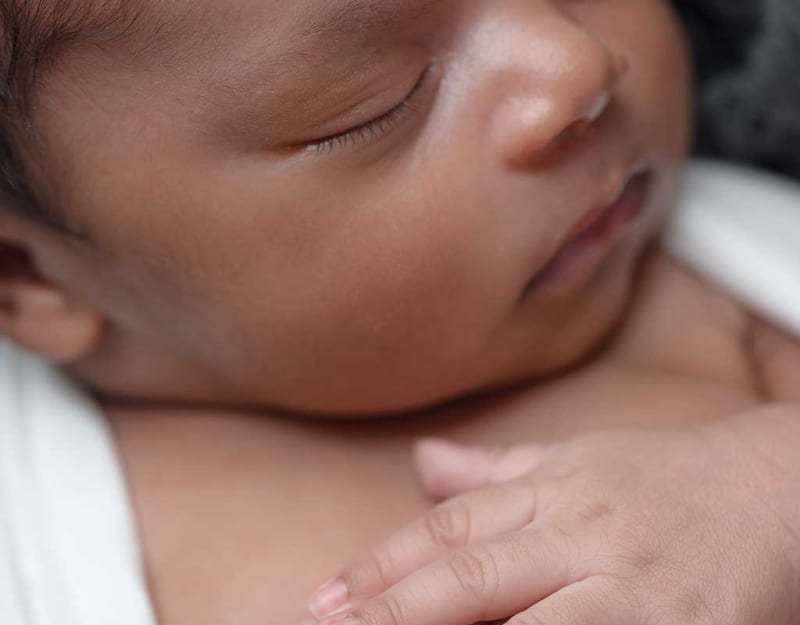

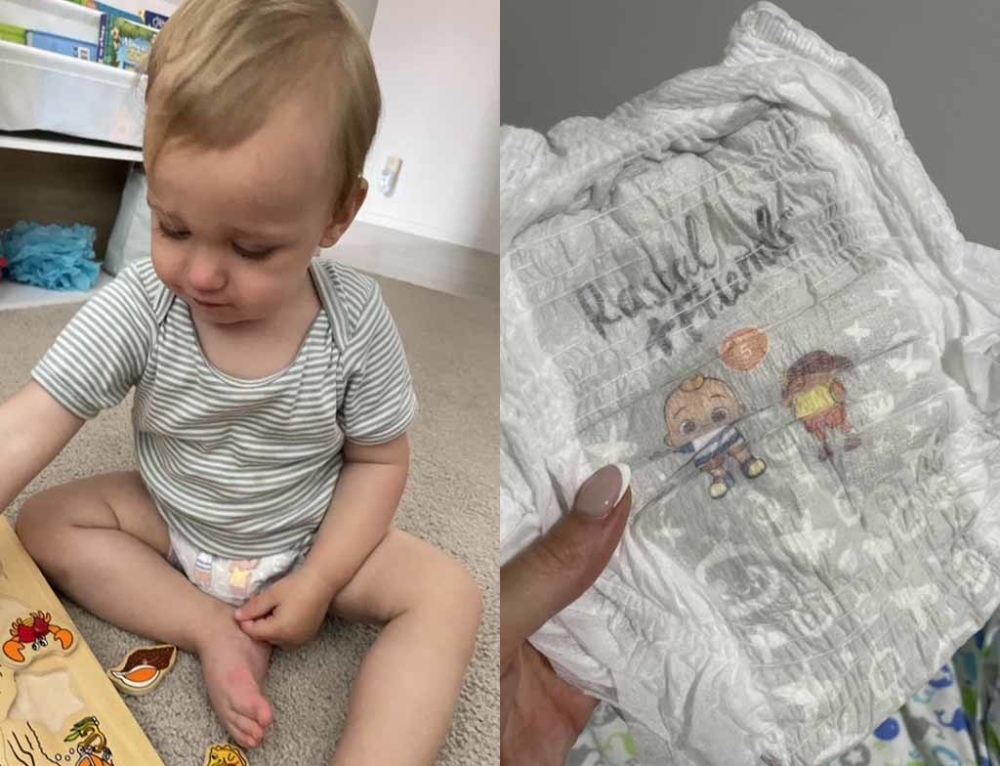
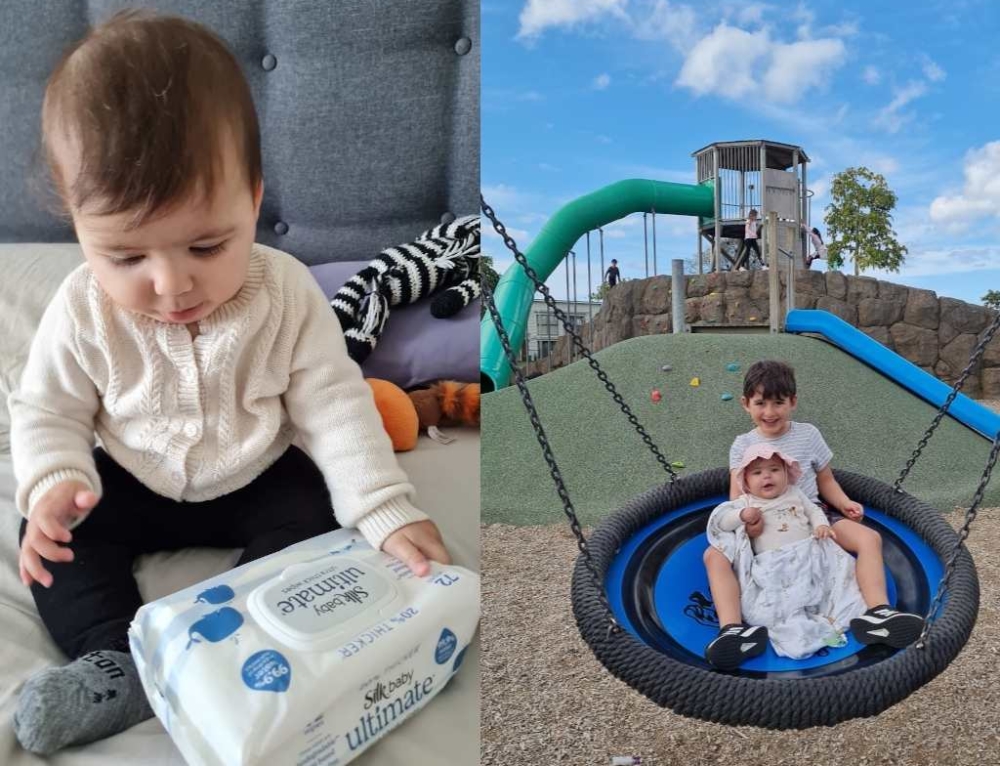
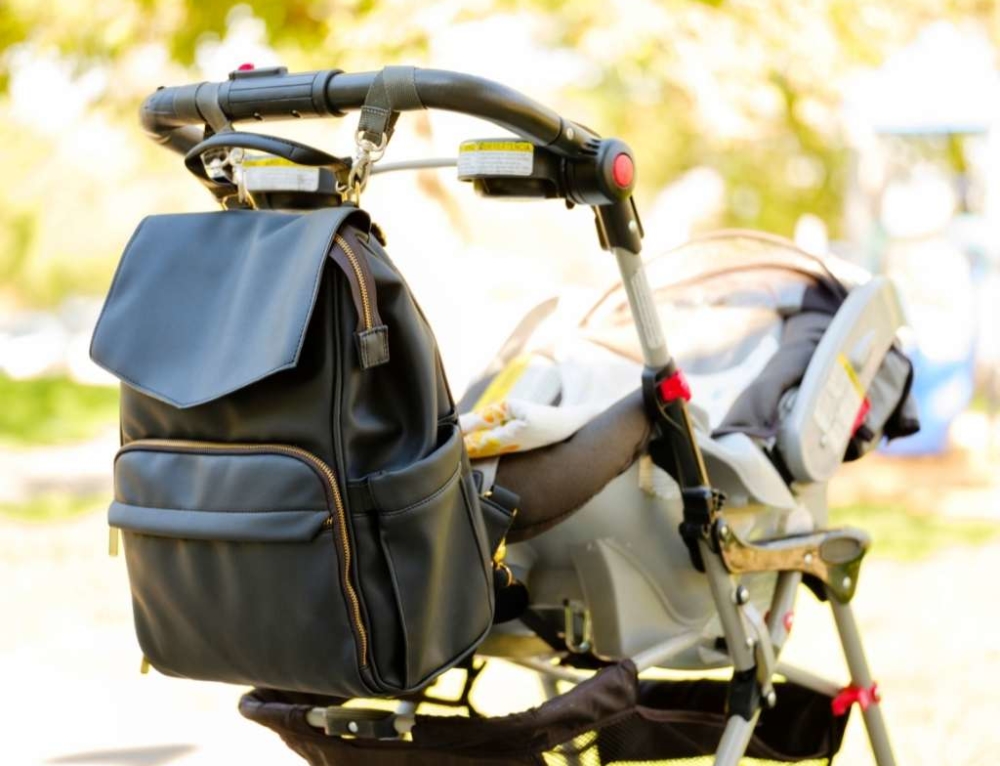
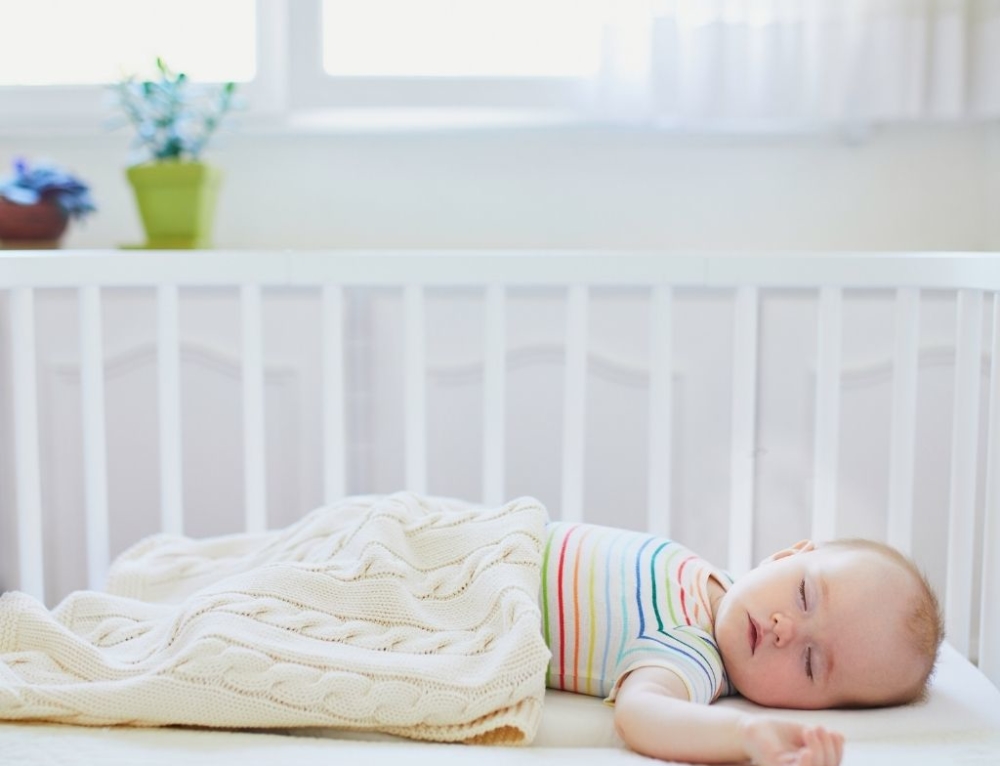
I used cloth nappies part time for my first born but things have been busier with our second born so it has gone by the wayside. I have however managed to not overuse too many items such as plastic nappy bags etc. in the hopes that we can reduce the amount of waste that our baby is generating.
The thing is sometimes the concept of having an eco baby is that it will cost more. When disposable nappies are for convenience as well, and I remember I had to use them but opted to use a nappy recycling facility to reduce my wastage (although this waste recycling system has stopped recently now). It’s not always the most viable for most family to go all eco-friendly.
When I had my first boy the hospital had the old school nappies the square white nappy you folded up so I learned how to do this but as the babies get more mobile I bought the snaplock ones and found them great and easy to wash and dry. So my next 2 children were in the snap lock nappies. I found my children leaked through disposable nappies but didn’t with cloth especially at night. We recycle as much as we can and are very aware of the enviroment.
When I had my first baby 25 years ago, cloth nappies were pretty standard, they were the big sqares that you had to fold yourself. When Miss 7 was born there were MCNs and they were so expensive, I had about a dozen but would use diposables at night or she would wake up in a puddle. I found that just using a face cloth and water to be the best way to clean my kids at nappy changes, wipes would really damage their skin and they are not great for the environment
Sometimes just good old water and a scrub is all i think is necessary…at times the baby soap helps too
Loving the video. This was a great read. We use biodegradable rubbish bags and also have biodegradable wipes for my daughter as she gets major rashes and burns from toilet paper and found both these products great and eco friendly.
We really didn’t use a lot of products for our daughter, when we did I used Eco Store or anything organic. We used the fitted reusable nappies whenever possible which definitely saved rubbish and also better for the environment. We didn’t use a lot of bath stuff eg shampoo etc as we just used water when she was a newborn
We used cloth nappies for both our boys, until we couldn’t with our second due to an ulcerated birth mark on his bottom. I found these great in reducing the rubbish that disposable nappies create. I would suggest these time and time again. Also, instead of a plastic rubbish bag, a wet bag that is waterproof is a great idea to reduce rubbish. Its all about reducing, reusing and recycling where we can.